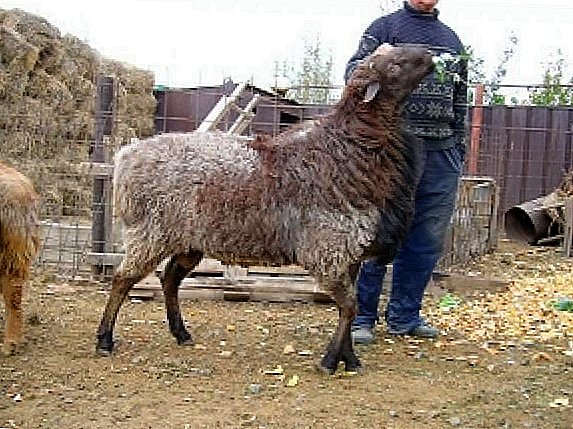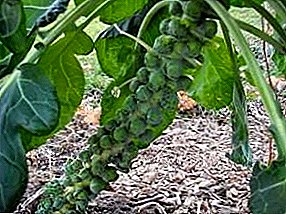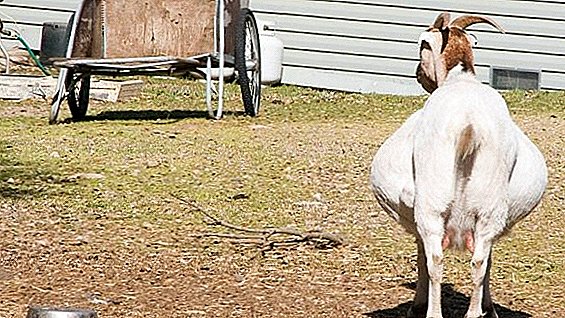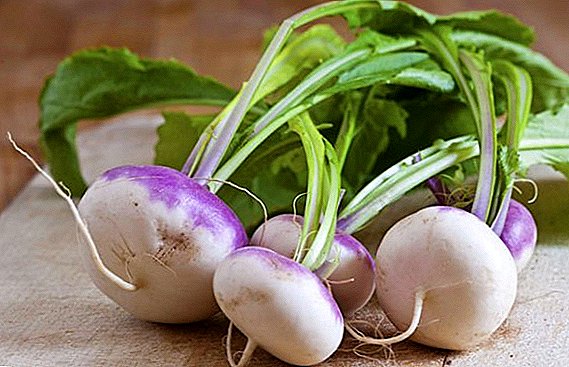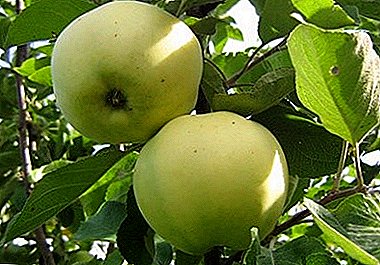
If you decide to acquire a chicken population, then you should learn the rules of growing poultry, starting with feeding chickens to one month, one month, after one month, two months, and also at 3 months. What kind of food and care can be used for growing domestic chicks at home should be taken into account, since the health of adult birds depends on how well the babies eat. We will learn the main differences in nutrition and care for chicks at 1, 2, 3 months.
Care features
Nestlings are born completely dependent. Therefore, nature took care of them, and kept in the gall sac a tiny stock of useful components. This stock is enough for several hours to provide the chicken with vital needs.
From the first day of life you can make the first acquaintance with the feeder. Over time, the chicks get used to it, and can peck food themselves.
What can I give?
Feed for broiler chickens from one month:
- Corn.
- Dairy products.
- Compound feed.
- Juicy greens.
- Vitamin complex.
Compliance with the rules
To provide babies with necessary nutrition, it is recommended to follow these rules:
 Troughs can not be filled entirely, but only on the third part. Otherwise, the feed will be cleaned up and trapped.
Troughs can not be filled entirely, but only on the third part. Otherwise, the feed will be cleaned up and trapped.- In the house put a drinker with fresh waterwhich needs to be changed regularly. The optimum temperature is 30 degrees. Access to the shelf must be free.
- Watch your birds carefully, they should all eat well. If some individuals do not resemble a feeding trough, they need to be deposited.. Chickens in quarantine are pipetted with milk and egg yolk.
- As often as possible should disinfect feeders. This can be done using a 5% formalin solution, as well as hot, soapy water.
- Fermentation or rotting of food is unacceptable, feeders should be regularly freed from food debris.
- So that chickens are not sick, resort to preventive measures. Three times a week for babies give a concentrated solution of potassium permanganate. You can not keep it, every time they breed a new one.
Diet and rate depending on the age of the bird
1 month
At the age of one month the chickens are quite strong. They are often on the run. They are able to self-peck greens and extract mineral supplements in the face of worms.
At this age, salt is added to the diet. The percentage of green food per day is about 30-40%. Birds can already digest whole grains. True, initially it is better to give preference to coarse grains. It is also permissible to feed the birds from the table.
Feed for broiler chicks from one month:
 Corn and barley - 35 grams.
Corn and barley - 35 grams.- Potatoes - 30 grams.
- Skim milk - 25 grams.
- Fresh greens - 15-20 grams.
- Meat and bone meal - 3-3,5 grams.
- Cottage cheese - 4 grams.
- Cake, meal - 2 grams.
- Mineral supplements - 2 grams.
- Vitamin complex - the amount will be indicated in the instructions.
Norm for 2 month old chicks:
- From 1 to 10 days - about 8 times a day.
- From 11 days - reduced to 6 times a day.
- From 30 days is enough 4 times a day.
2 months
After 1 month, chickens are given both coarse grains and whole grains (in small quantities).
Mixer for 2 monthly chicks:
 Rusks (minced) or mixed feed (sifted) - 30%.
Rusks (minced) or mixed feed (sifted) - 30%.- Boiled potatoes - 30%.
- Crushed eggshell mixed with meat and bone meal (fish) - 1%.
- Grated carrots, chopped nettle - 20%.
At 2 months chickens are on three meals a day.
To prepare the mash take only fresh food.
3 months
That 3 month of life plays an important role. During this period, the whole body develops, along with the reproductive system. In the body is restructuring. In 3 months the bird can be transferred to adult food. That's just feeding is more frequent and denser.
The following components will produce a kilogram of feed for chickens at 3 months of age:
 Corn - 500 grams.
Corn - 500 grams.- Wheat - 150 grams.
- Barley - 100 grams.
- Sunflower meal - 100 grams.
- Fish meal (meat and bone) - 140 grams.
- Ground hay - 50 grams.
- Salt - 3 grams.
- Feed yeast - 50 grams.
- Peas - 40 grams.
- Vitamin complex - 15 grams.
Such feed can be stored for a long period. Suitable as a dry feed, and for the preparation of wet mash.
Wet mash for maturing chickens:
 Barley - 30 grams.
Barley - 30 grams.- Wheat - 30 grams.
- Corn - 20 grams.
- Luba vegetables, except beets - 20 grams.
- Fresh greens - 30 grams.
- Wheat bran - 5 grams.
- Sunflower meal - 10 grams.
- Bone meal - 1 gram.
- Chopped crustaceans - 1 gram.
- Chalk - 2 grams.
- Salt - 0.5 grams.
- Season with meat broth.
Three-month-old chickens are fed twice a day.
Important! In order for chickens to grow and gain weight, nutrition must be balanced. Be sure to comply with the regime.
Consequences of improper feeding
First of all, what can be the result of improper feeding, especially of small chickens, to death. With improper feeding, you can encounter such diseases:
- Atony of goiter (hard goiter) - the goiter is gradually filled with food that is problematic and passively digested. Over time, this will lead to complete obstruction of food.
- Arthritis - Feet limbs are inflamed, may develop abnormally. If you notice that your chickens are not standing well on their paws, they often fall, then you need to take action quickly.
- Avitaminosis. In the avian diet lack of vitamins. In small chickens - it is dairy products. The younger generation - juicy greens, fresh vegetables, for example, carrots.
If the chicken looks completely healthy, and suddenly died, this may symbolize that too much salt has been ingested in its diet. Also, certain foods, such as beets, can affect livestock health and cause intestinal upset.
A large amount of flour feed can lead to atrophy of the stomach. Growing chickens at home requires extra care. Wrong diet, an excessive amount or lack of certain products can lead not only to diseases, but also to the death of feathered stock.


 Troughs can not be filled entirely, but only on the third part. Otherwise, the feed will be cleaned up and trapped.
Troughs can not be filled entirely, but only on the third part. Otherwise, the feed will be cleaned up and trapped. Corn and barley - 35 grams.
Corn and barley - 35 grams. Rusks (minced) or mixed feed (sifted) - 30%.
Rusks (minced) or mixed feed (sifted) - 30%. Corn - 500 grams.
Corn - 500 grams. Barley - 30 grams.
Barley - 30 grams.
